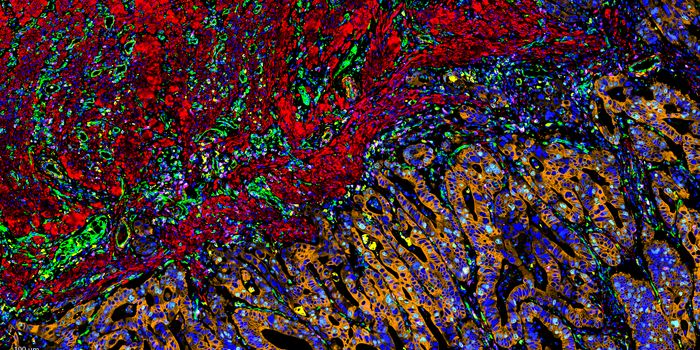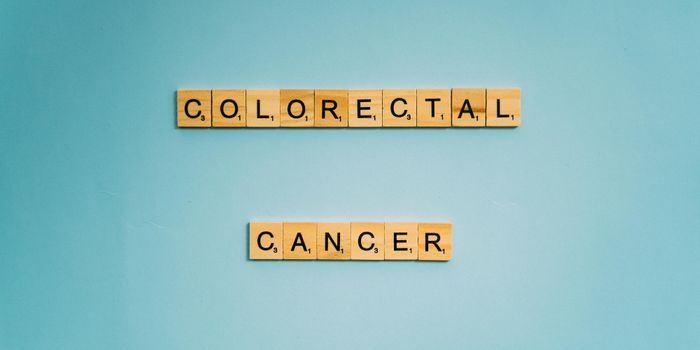Lung cancers in Latin Americans with Native American ancestry
New research published in Cancer Discovery highlights the increased presence of genetic mutations in Latin American lung cancer patients with Native American ancestry. According to the findings of scientists collaborating from at Dana-Farber Cancer Institute, Harvard Medical School, and the Broad Institute, genomic and ancestry analyses showed that Native American ancestry among Latin American patients was linked to higher rates of mutations in the EGFR gene.
"Lung cancer is the leading cause of cancer mortality, both in the United States and globally, and understanding inherited risk factors for this disease may help us to identify populations that would benefit from increased screening efforts," said Matthew Meyerson, MD, Ph.D., and director of the Center for Cancer Genomics at Dana-Farber. "Previous work has demonstrated that EGFR-mutant lung cancer is more common among populations from East Asia compared with populations from North America or Europe, about 50 percent versus 10 percent of lung cancer cases, respectively. But it is not clear whether the ethnic difference in EGFR-mutant lung cancer is due to environmental or genetic factors.”
After conducting a genomic analysis of tumor data from 1,153 Latin American patients with lung cancer, the findings reported an association to increased mutations of EGFR in those individuals with Native American ancestry, regardless of smoking or non-smoking histories. The team conducted both global and local ancestry analyses in order to account for environmental exposures and socioeconomic status.

"Smoking increases the risk for KRAS-mutant lung cancers, while patients with lung cancer who are non-smokers more often develop EGFR-mutant lung cancer," Meyerson explained. "However, we show in our study that EGFR-mutant lung cancer is also elevated among smokers with Native American ancestry."
This information may help improve early screening among certain populations in addition to providing insight for precision medicine treatment plans. "Many lung cancers are now treatable with targeted therapy or immunotherapy," Meyerson concluded. "It is very important for patients with lung cancer to undergo somatic genetic testing to determine which treatments are most likely to be effective for their particular cancer."
Sources: Cancer Discovery, Eureka Alert








